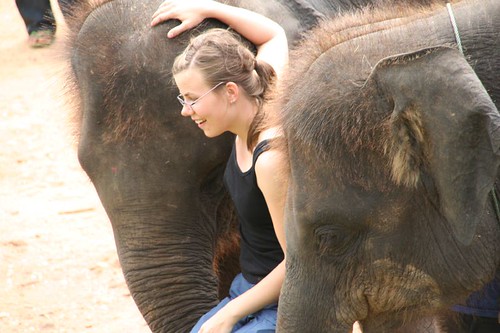Choosing Thailand Rehabs Is Simple
페이지 정보
작성자 Hermine 작성일23-12-23 02:39 조회1회 댓글0건관련링크
본문
 Introduction:
Introduction:Alcohol withdrawal is a state of being which takes place when people suddenly stop or considerably reduce their particular alcohol intake after extended times of heavy-drinking. It is a complex and potentially life-threatening condition that affects many people worldwide. This report is designed to provide a thorough breakdown of liquor detachment, including its signs, treatment plans, and administration techniques.
Apparent symptoms of Alcohol Withdrawal:
The onset and extent of liquor withdrawal signs vary among individuals, based on elements like the amount and length of drinking and an individual's health. Common medical indications include tremors, anxiety, frustration, sickness, vomiting, insomnia, increased heartbeat, and sweating. In severe situations, individuals may go through hallucinations, seizures, or delirium tremens (DTs), a potentially deadly condition characterized by agitation, confusion, jintara (E Ori Te write an article) hallucinations, and fluctuating amounts of awareness.
Treatment Options:
When working with alcohol detachment, it is necessary to look for health guidance and support. The main aim of treatment solutions are to properly manage withdrawal symptoms, avert complications, and facilitate the transition to sobriety. Medical professionals can assess the extent of signs and determine the right standard of attention. In mild situations, outpatient therapy could be administered, while more severe instances may necessitate hospitalization.
Medications widely used in alcohol detachment therapy consist of benzodiazepines, that really help reduce anxiety, relieve signs, and steer clear of seizures. Other medicines such antipsychotics, anticonvulsants, and beta-blockers might employed to handle specific signs or co-occurring problems. Furthermore, nutritional vitamins, specifically thiamine (vitamin B1), tend to be prescribed to prevent or treat prospective deficiencies connected with exorbitant drinking.
Control Tips:
As well as health treatments, different methods can be used to manage liquor withdrawal efficiently.
1. Supportive Care: Offering a supportive environment promotes a sense of security and comfort. Including guaranteeing appropriate nourishment, moisture, and sleep, also monitoring essential signs and dealing with any health complications that may happen during withdrawal.
2. Psychotherapy: Searching for mental health support, such as for example counseling or psychotherapy, can play a vital role in dealing with fundamental mental or psychological conditions that contribute to alcoholic beverages dependency. These treatments assist individuals develop coping techniques, manage triggers, and establish healthier alternatives to alcoholic beverages.
3. Rehabilitation tools: Engaging in rehabilitation programs, eg inpatient or outpatient treatment centers, can provide an organized and supporting environment for folks seeking lasting data recovery. These programs usually incorporate medical interventions, guidance, and peer support to handle the physical, emotional, and personal aspects of liquor addiction.
4. Follow-up Care: After doing initial detox and treatment, individuals should continue to seek ongoing attention. This may involve playing organizations, going to regular therapy sessions, and getting follow-up evaluations to ensure correct real and psychological state.
 Summary:
Summary:Alcohol detachment is a difficult condition that will require medical assistance and comprehensive help. Comprehending the symptoms, treatment plans, and management strategies can greatly help with assisting individuals properly navigate the withdrawal process and achieve lasting recovery. By giving appropriate attention and resources, we could improve results for those trying to conquer alcohol addiction.
댓글목록
등록된 댓글이 없습니다.




